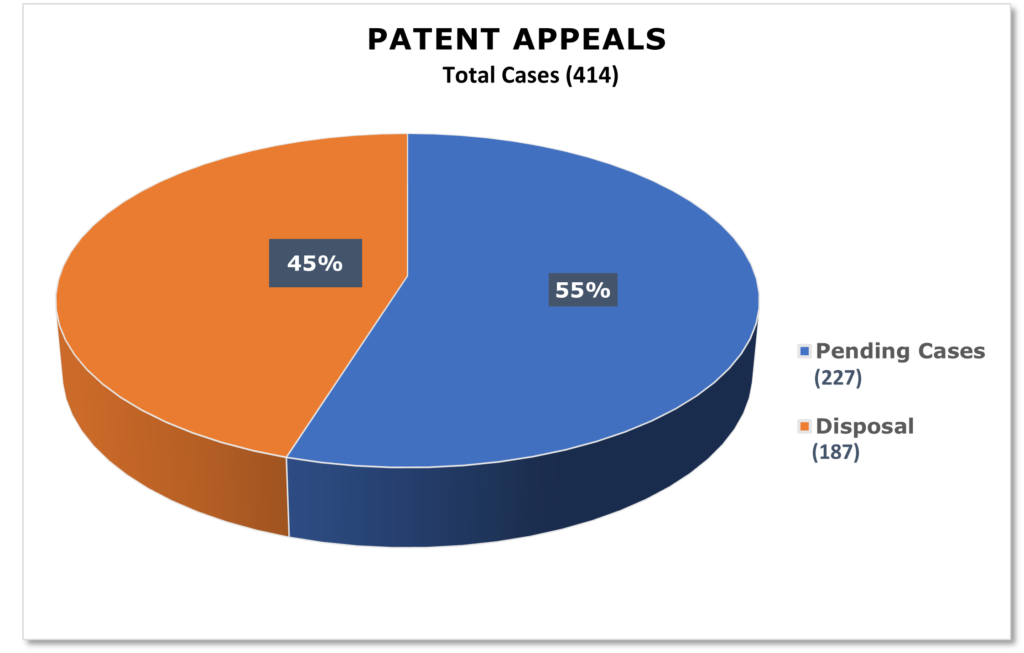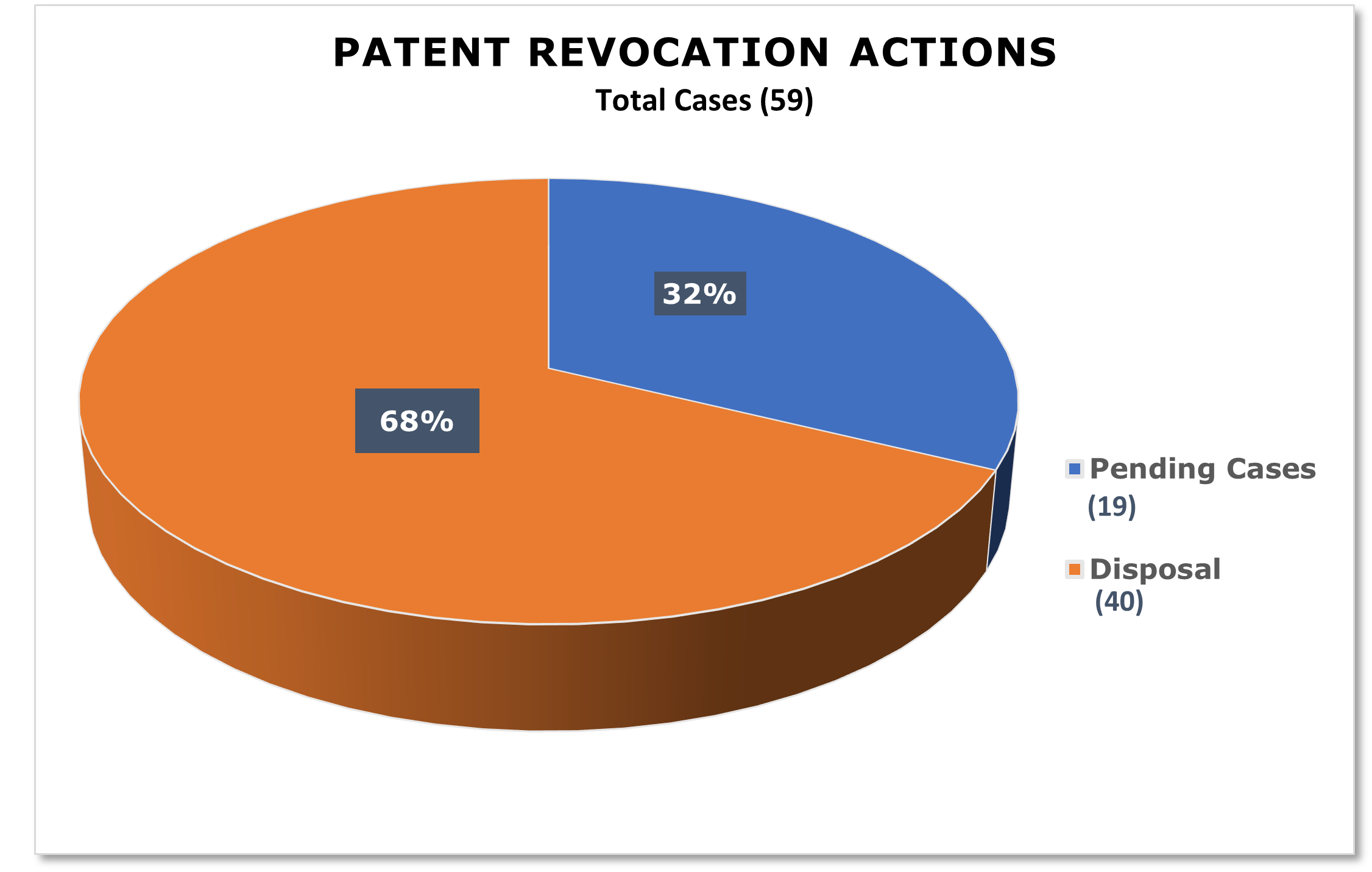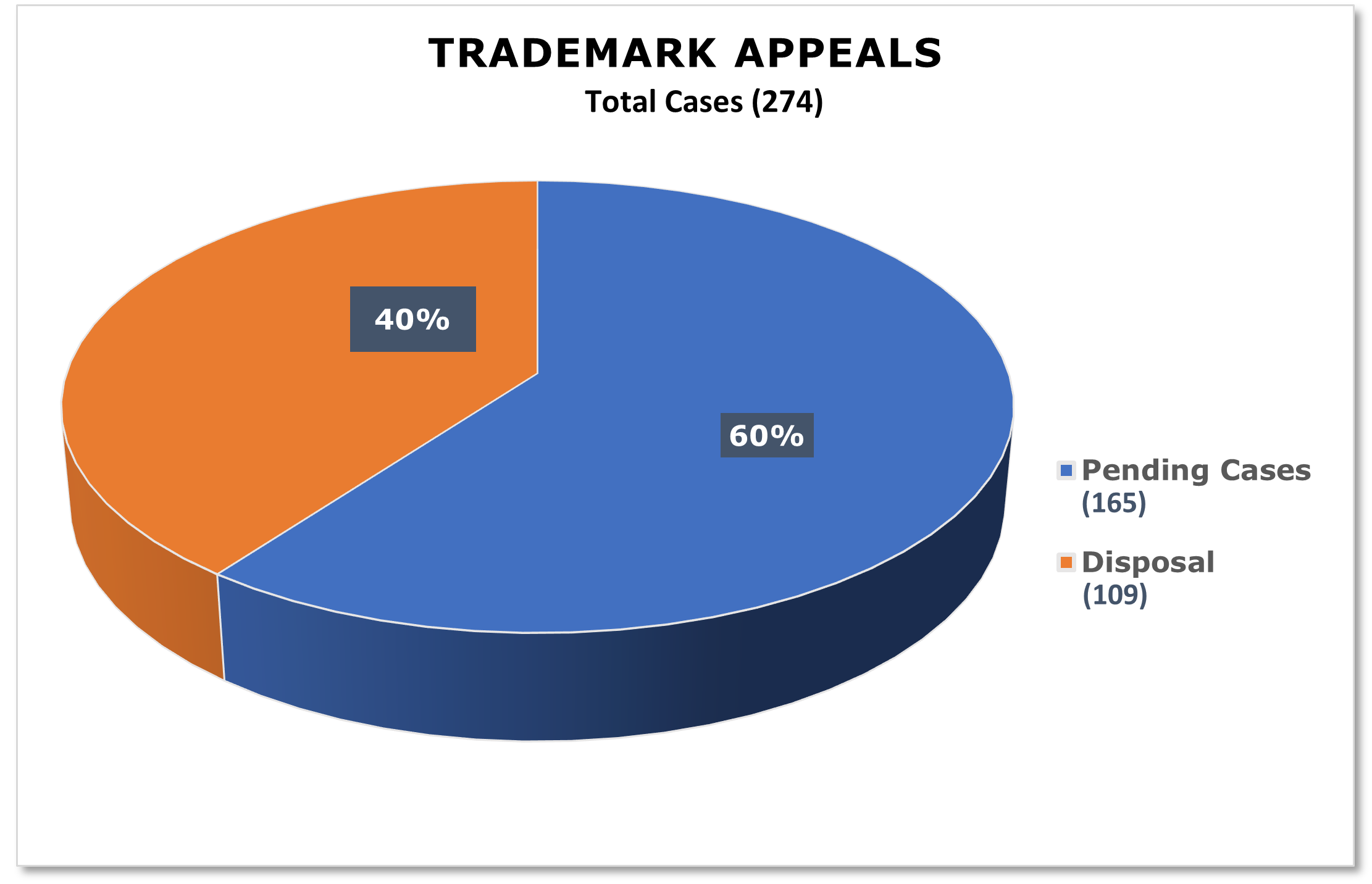Delhi High Court IP Division sets the bar High
The Delhi High Court IP Division (IPD), created on February 28, 2022, celebrated its first anniversary to coincide with World IP Day. In the last decade, the Delhi High Court has earned the reputation of being the “centre for IP excellence,” with complex IP cases and propositions being debated that have had far-reaching consequences on the IP landscape. The IP Division, soon after it was created, had the challenging task of managing the cases transferred from the IP Appellate Tribunal (IPAB), considering the government decided to abolish the Appellate Tribunal as part of its rationalizing exercise for the Tribunals. The Delhi High Court rose to the challenge to deal with more than 2000 cases transferred to the IPD. The annual report released by IPD captures some interesting facts and statistics and how it has impacted the IP environment:
Matters received from IPAB- 2000+ cases.



Alternate Dispute Resolution
The credit for many cases being expeditiously resolved also goes to active encouragement by the IPD judges to explore ADR mechanism by the parties. The mediation has been extremely successful, and the statistics show that 80% to 85% of referred cases to the Delhi High Court Mediation and Conciliation Centre are settled.
Statistics post forming of IPD.
- Over 1000 cases were filed in the IP Division’s first year.
- 750+ IPR dispute cases have been finally decided.
- Out of the total cases, Over 100 patent appeals have been filed.
- More than 50% of trademark appeals filed have been disposed of.
- Currently more than 4000 IPR cases are pending at the IP Division.
Recognition and Recommendations:
The Delhi High Court IP Division has received national and international commendations. The Parliamentary Standing Committee*, which had initially recommended re-establishing the IPAB in its report submitted post-review of the IP regime in India, changed its stand noting the expeditious disposal of cases by IPD, Delhi High Court. The committee further recommended the establishment of IP Divisions in all the High Courts in the country.
Expansion to other High Courts:
Following the Delhi High Court’s IP Division, the Madras High Court has established IP Division. Additionally, the Bombay, Calcutta, and Gujarat High Courts have designated specialized IP benches.
In conclusion, we quote the vision for IPD and future of IP in the words of Hon’ble Mrs J. Pratibha M Singh while sharing her experience of steering the IP Division.
- Establishment of IPDs at least in 10 to 15 High Courts in the country;
- Creation of a national coordination panel for adoption of best practices in Commercial Court and IPDs across the country;
- Creation of a robust scientific panel of advisors for use by Court across the country;
- Speedy adjudication of IPR disputes including patent cases which involve technical issues;
- Speedier trials and the culture of granting damages in IPR cases;
- Using of modern methods of recording evidence such as hot tubbing, transcription of cross-examination, transcription of arguments, video conferencing, etc.
- More and more domestic inventors, single inventors, small entrepreneurs, small and medium entities, women innovators filing patents, creating wealth, surrounding patented innovation and seeking enforcement of their IP rights.
Overall, a promising start and strong foundation to build upon.
* Review of the Intellectual Property Rights Regime in India,” Report No. 169, April, 2022/ Chaitra 1944 (Saka), April 6, 2022, para. 3.12



